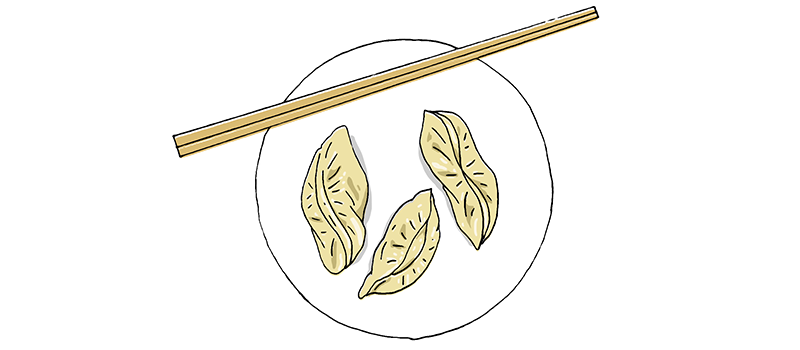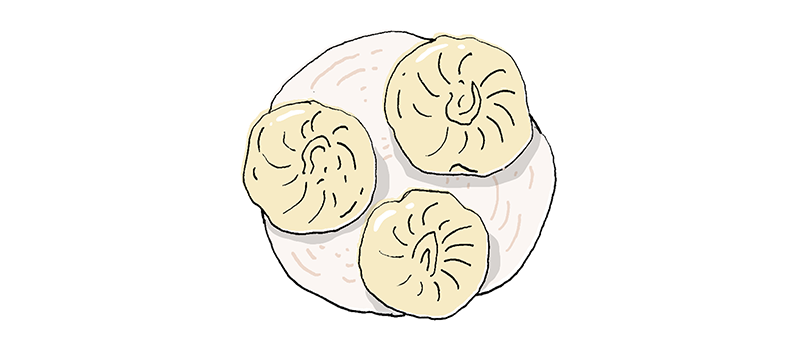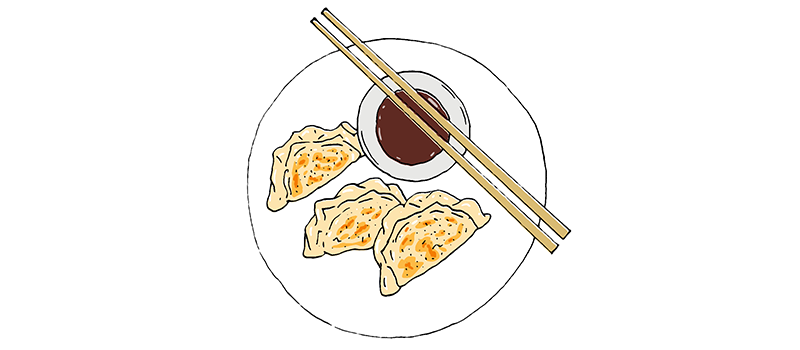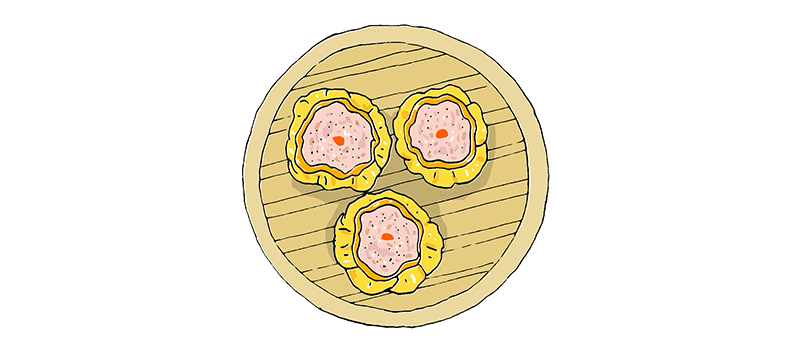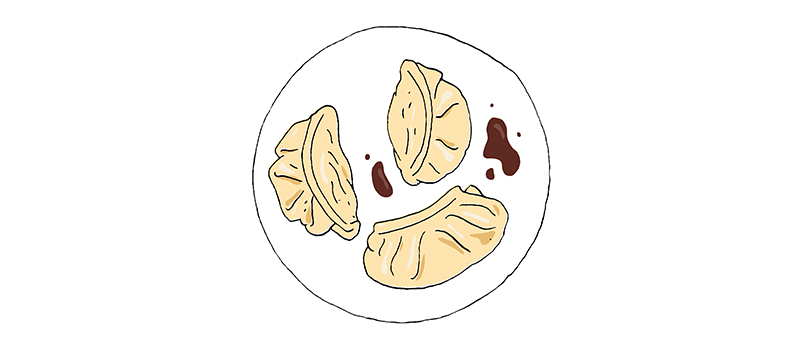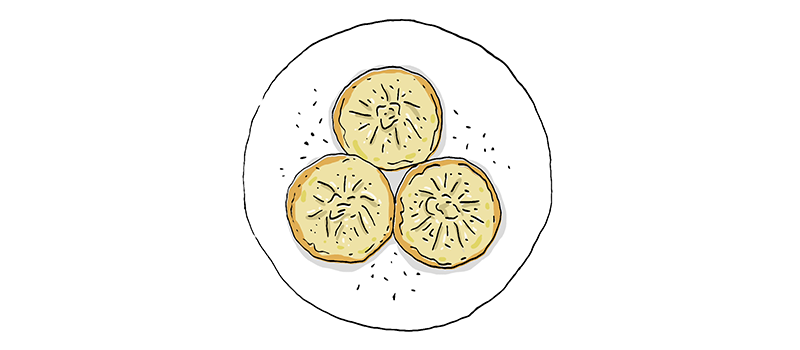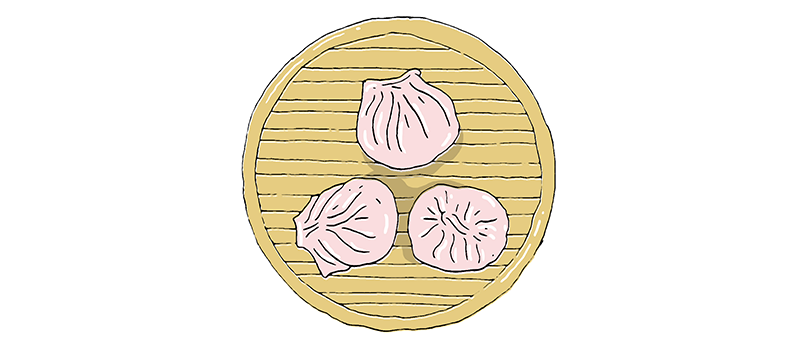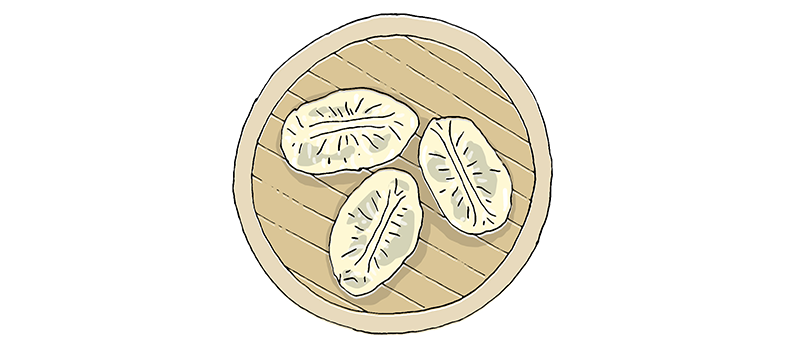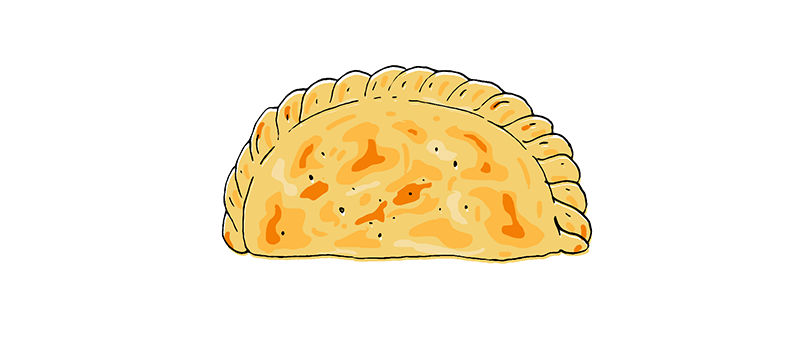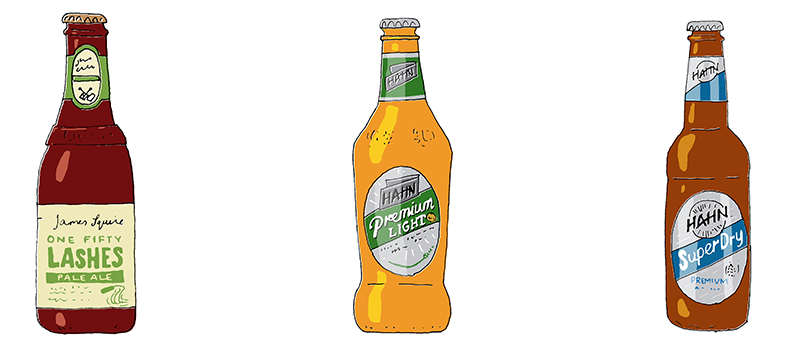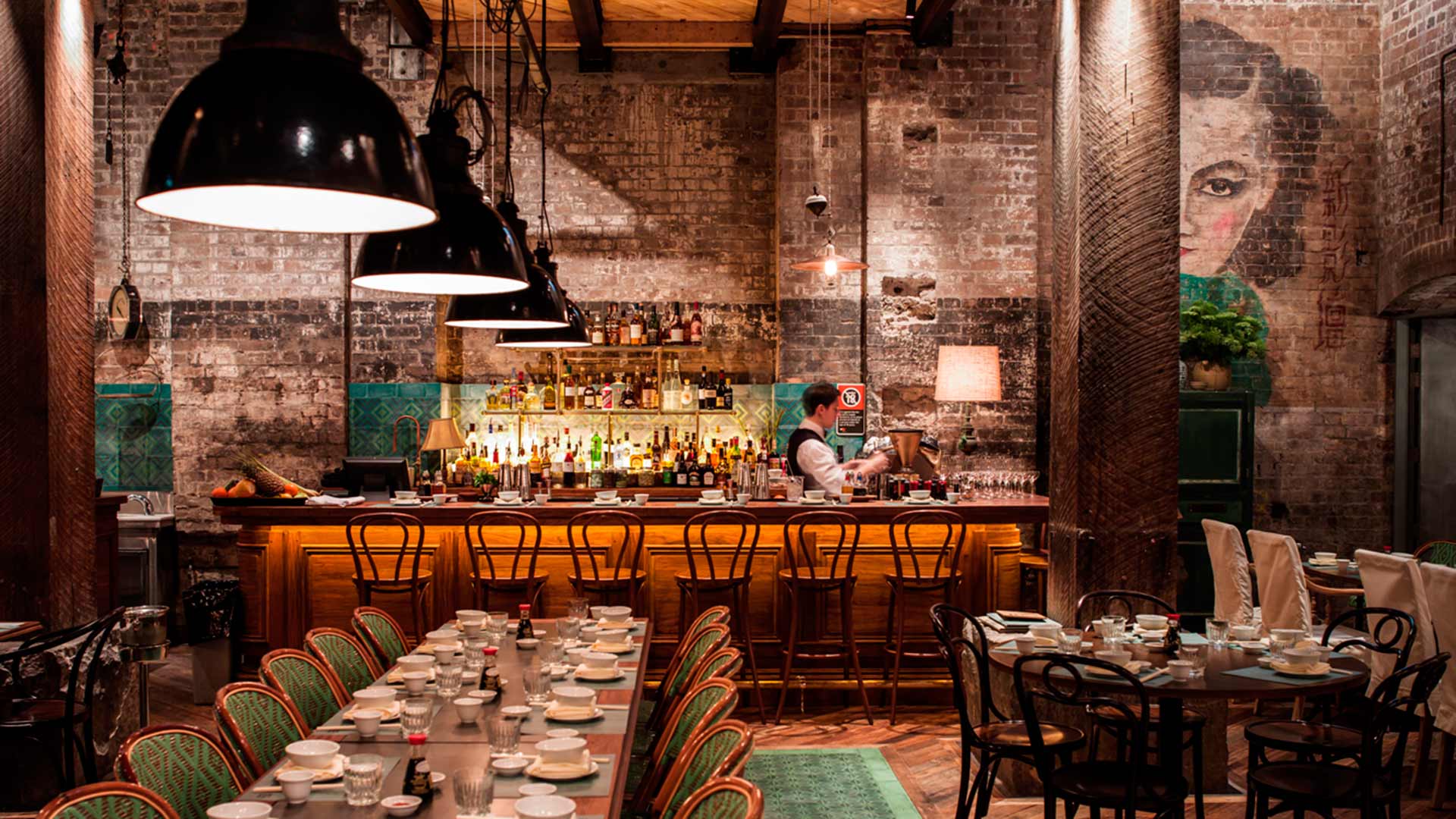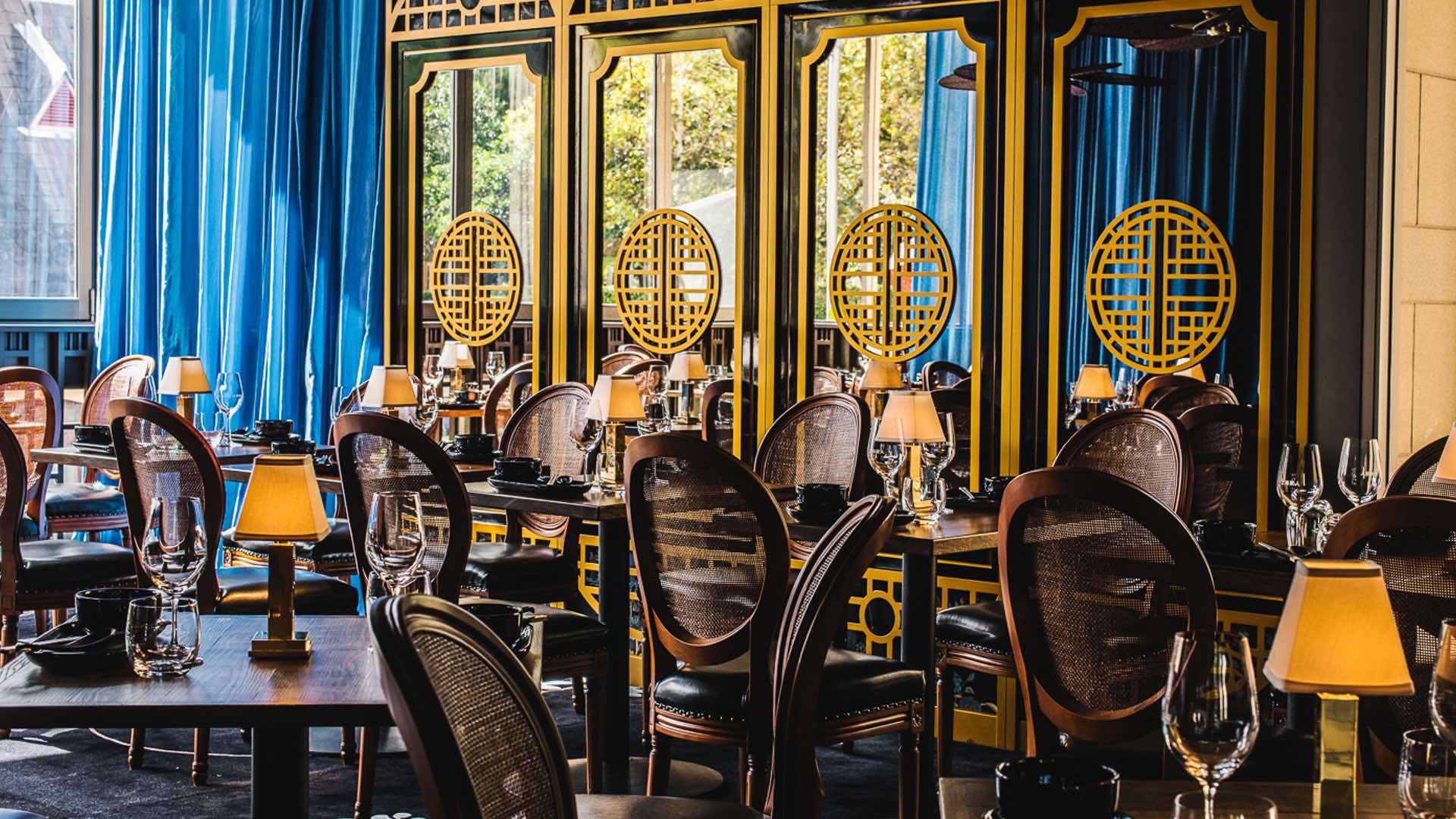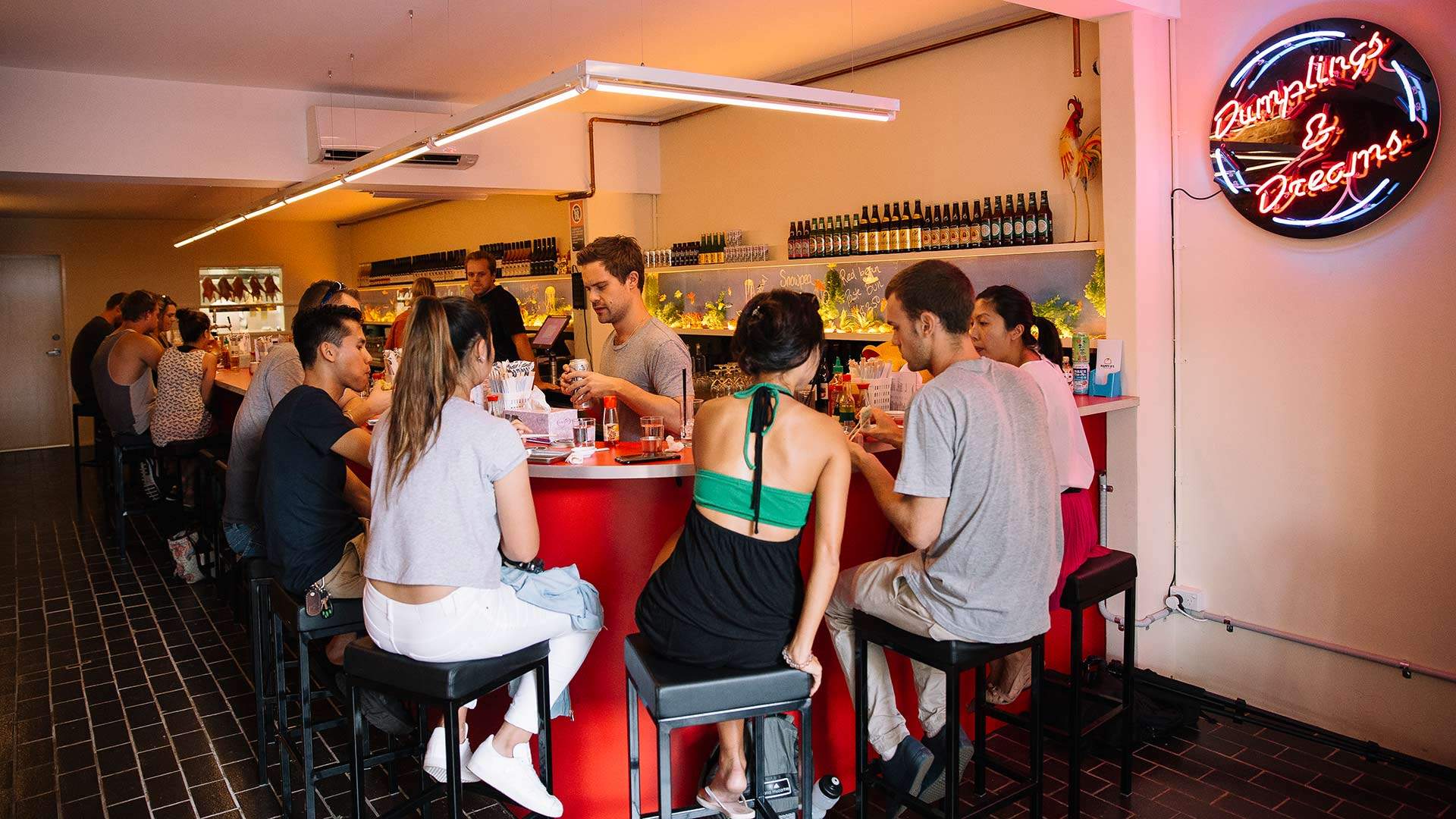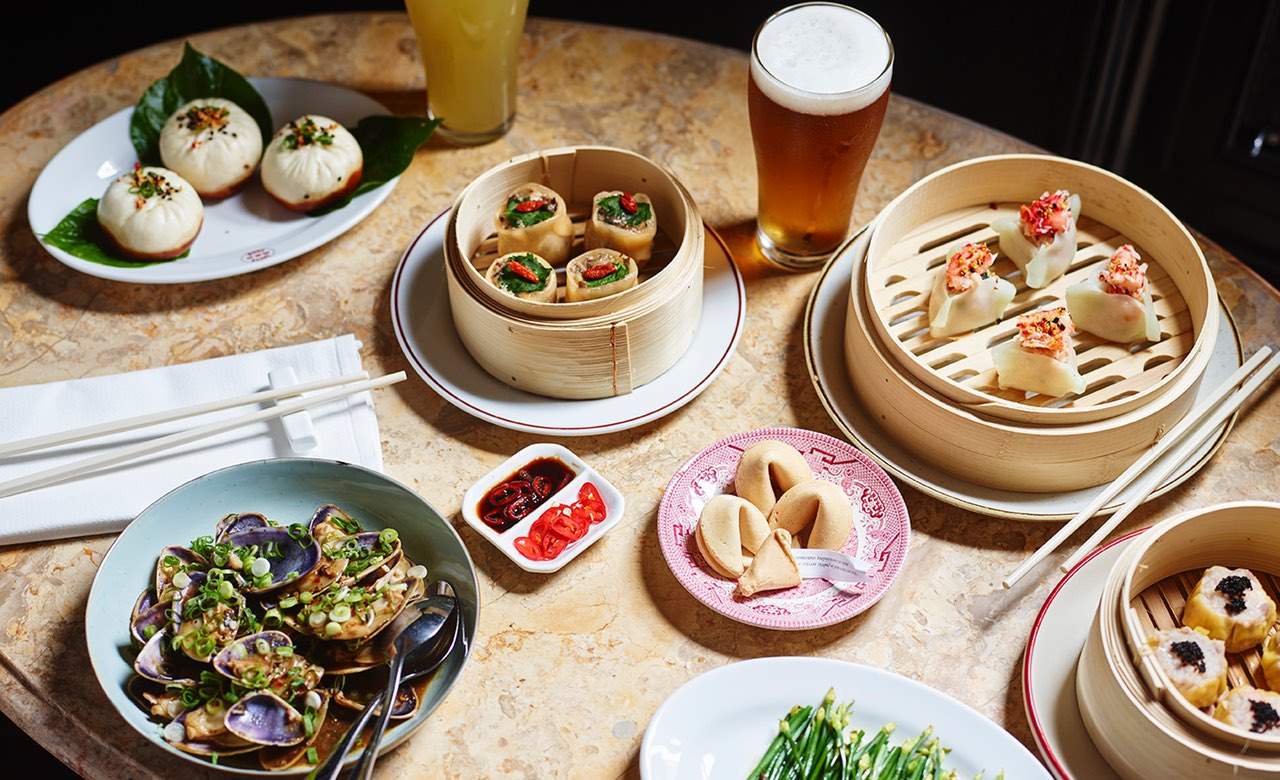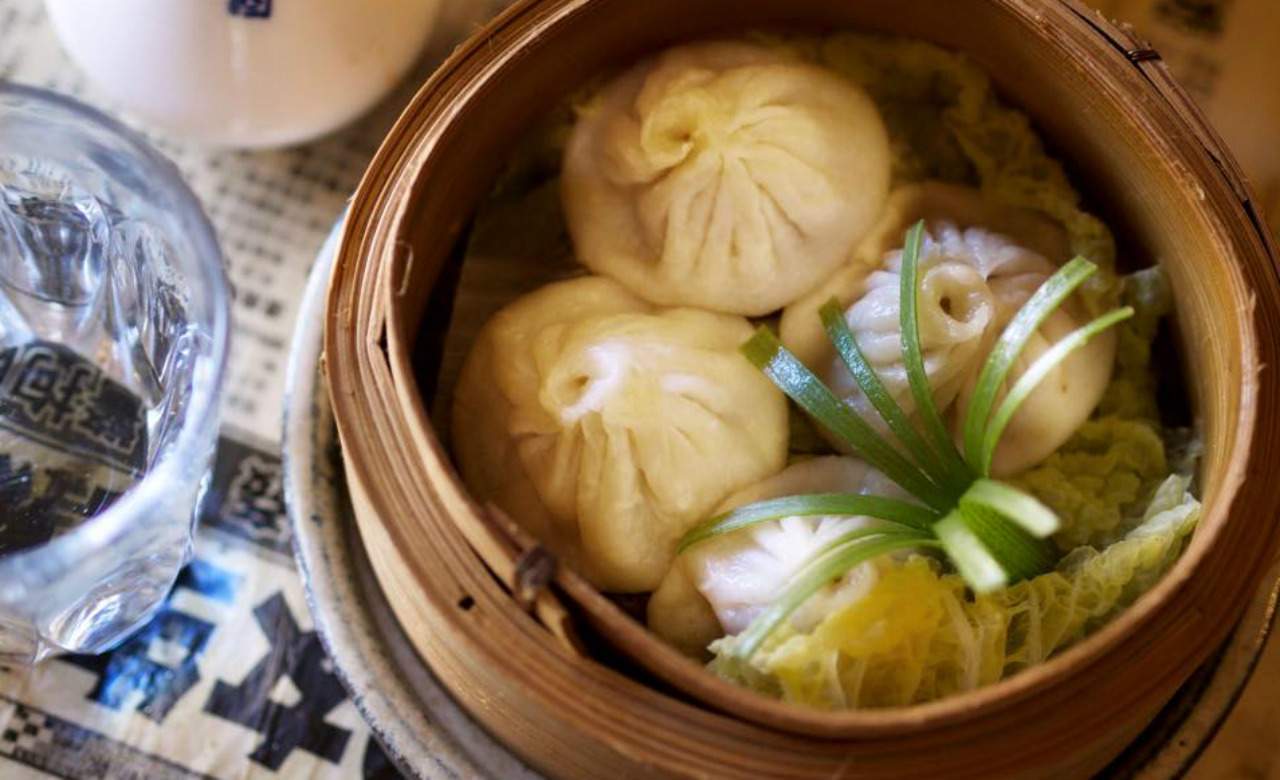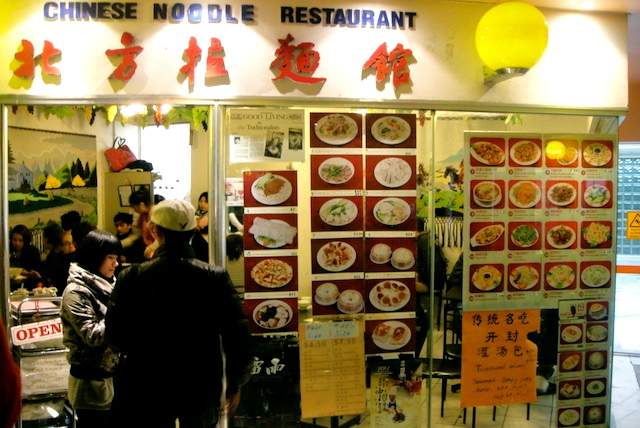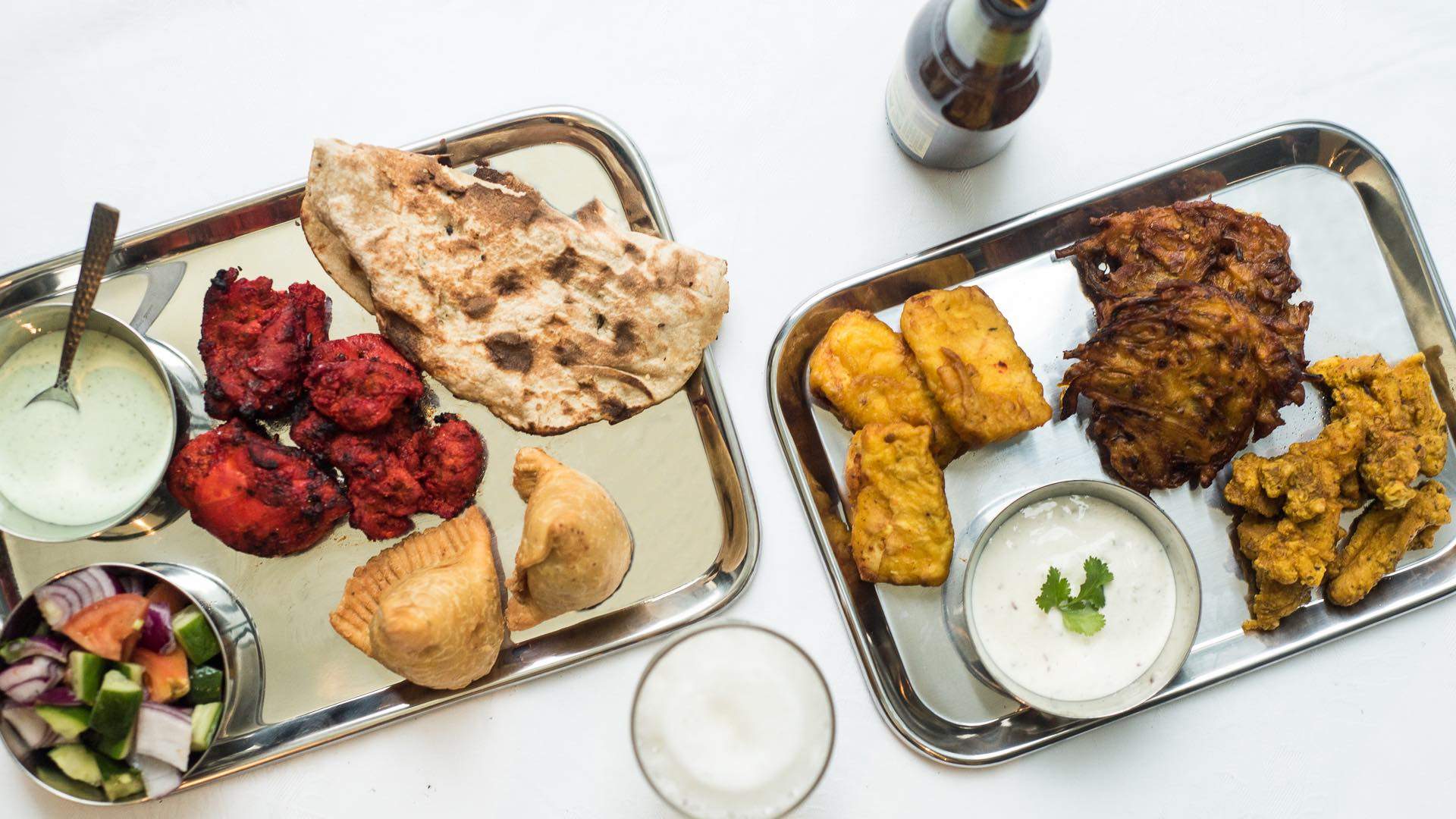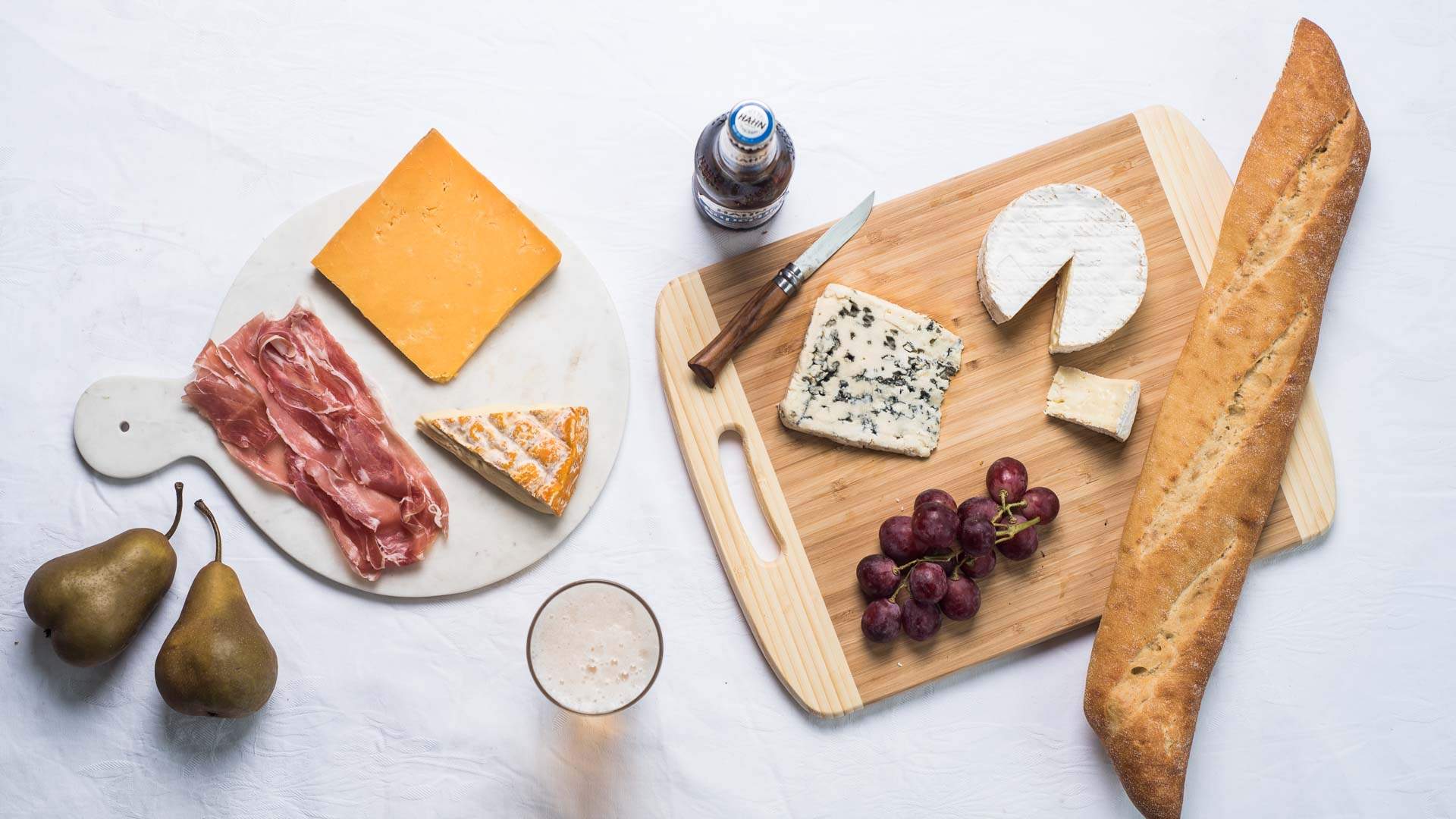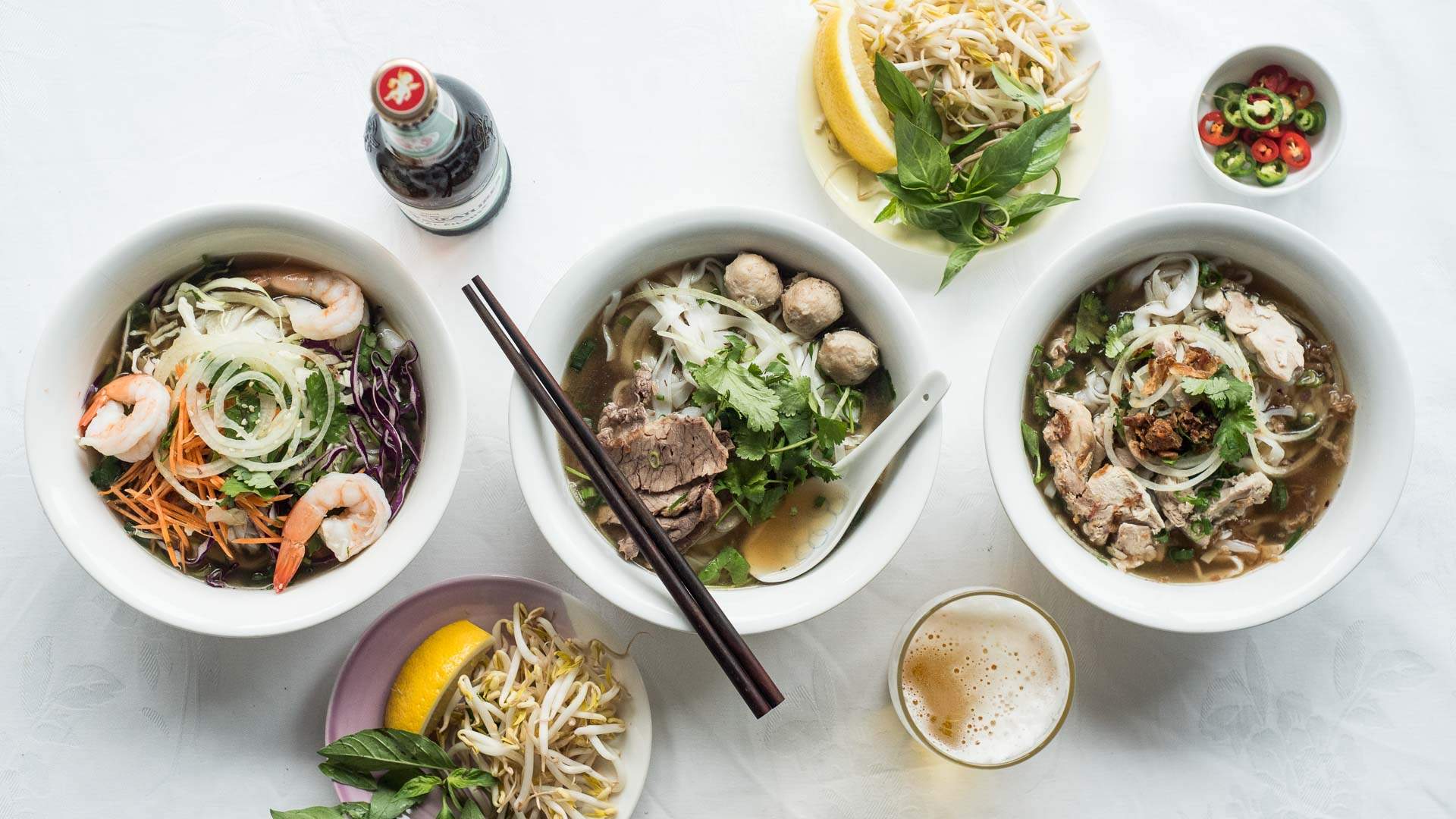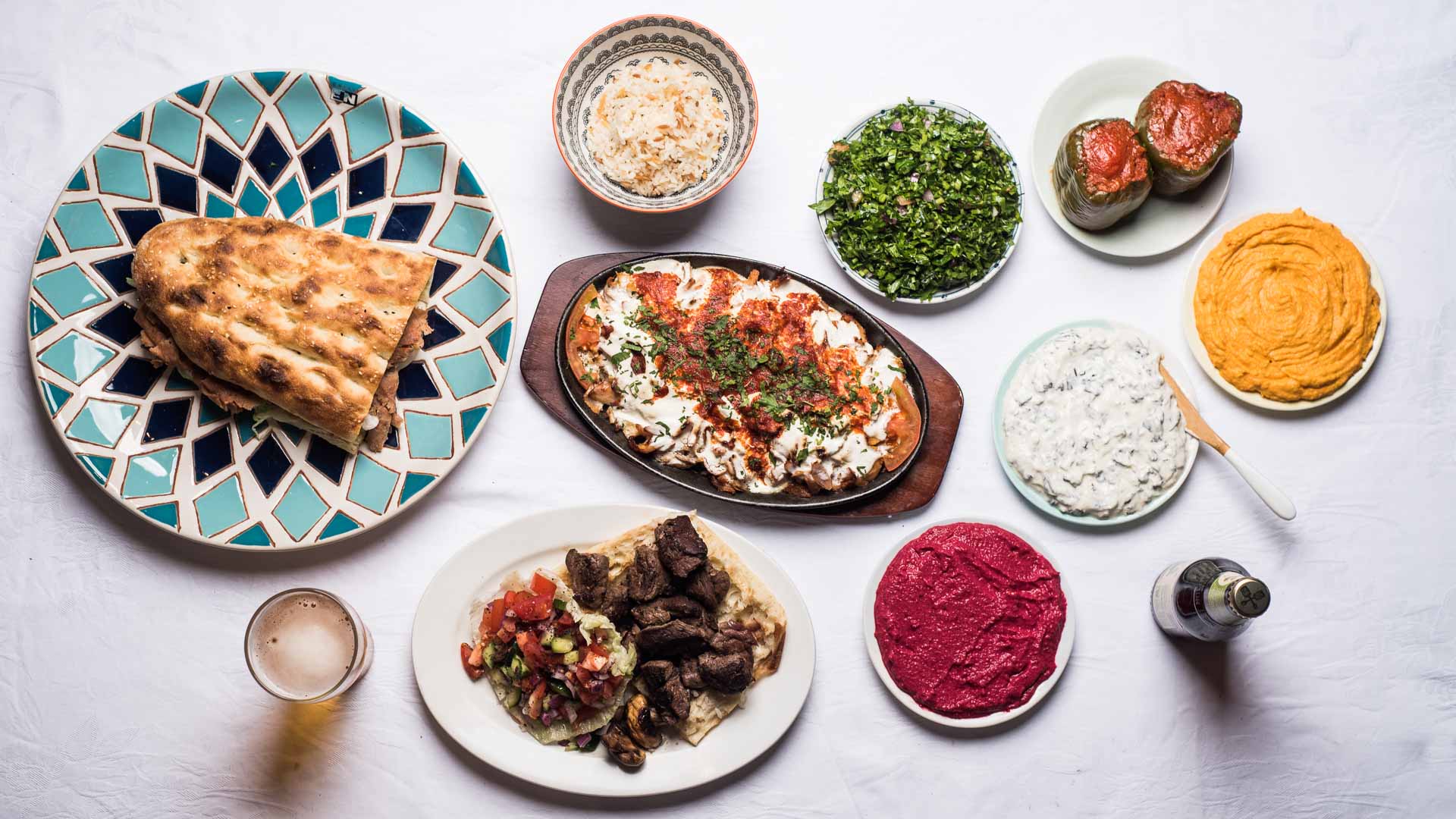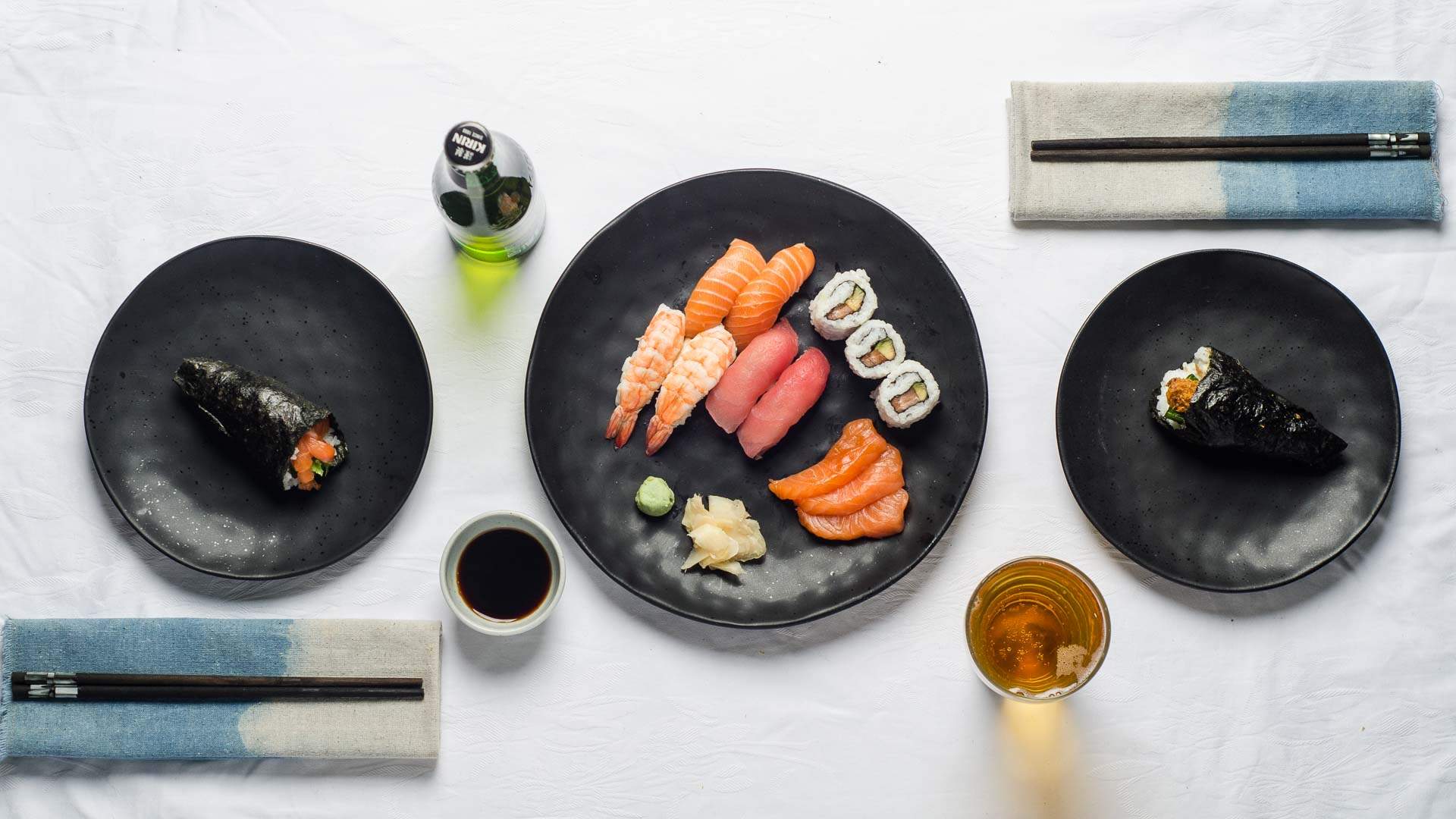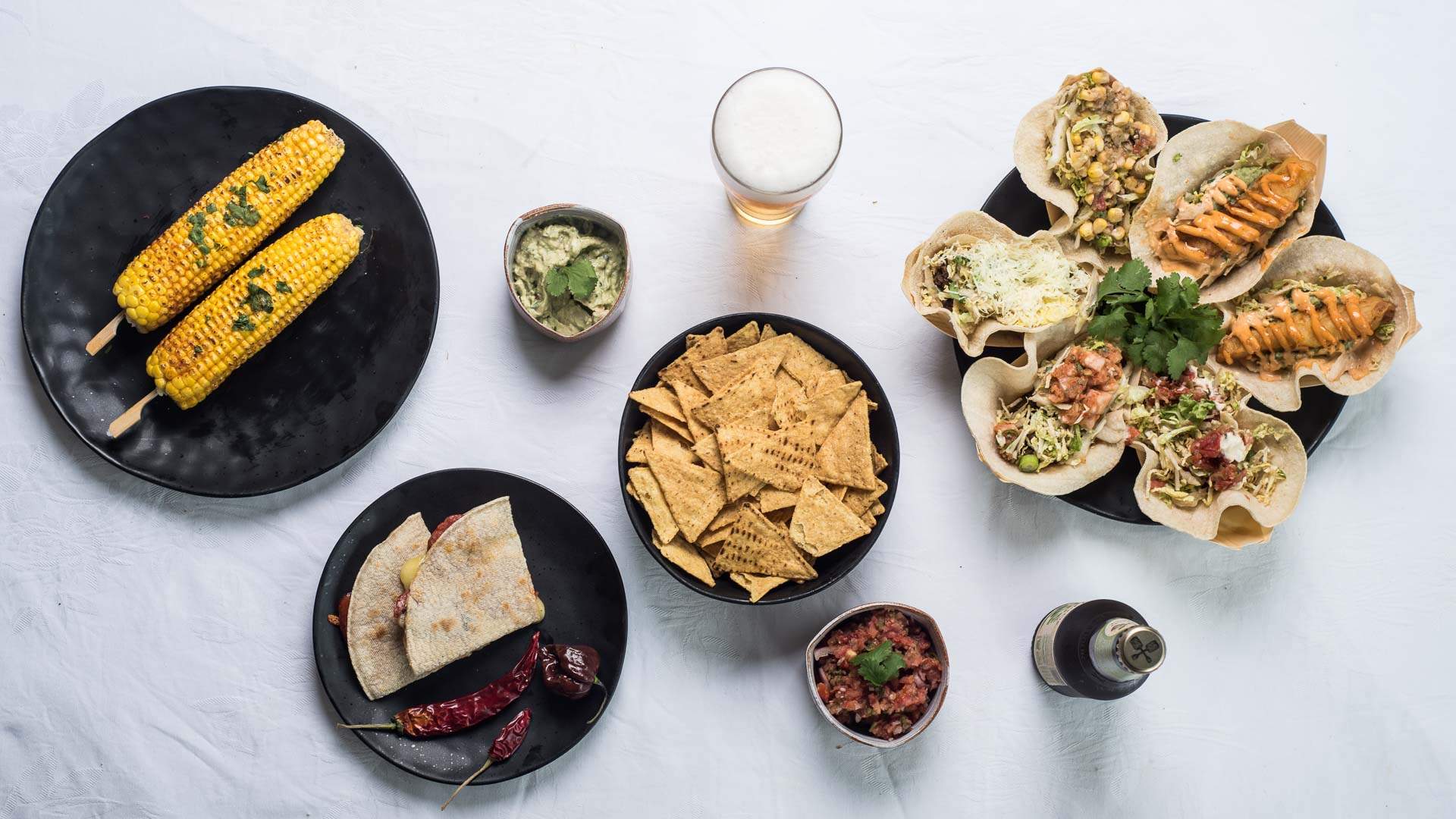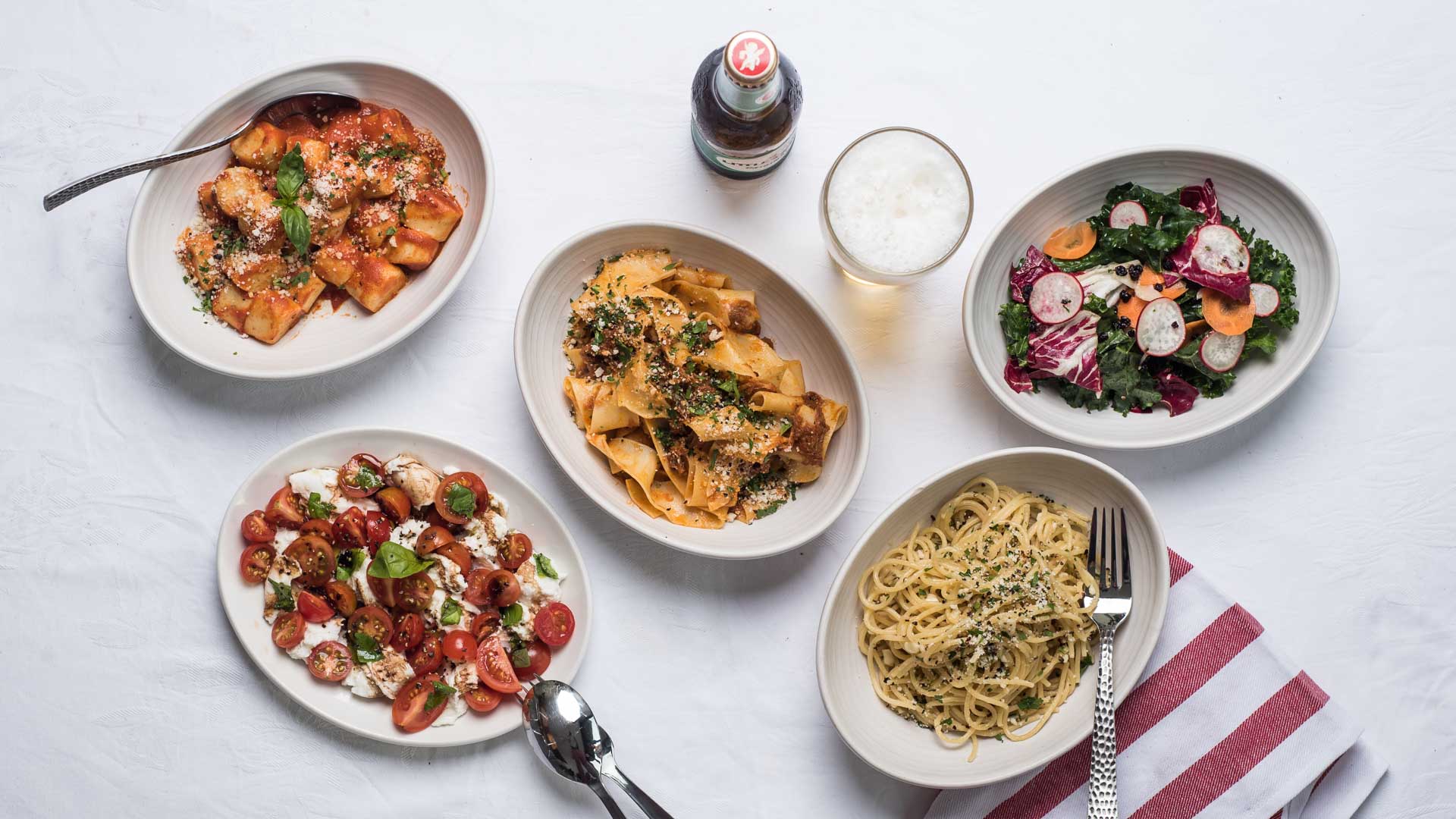
Chinese Dumplings
Get to know China’s ten most famous dumplings, and impress the group next time you're feasting on the doughy delights.
You’ll find pierogi in Eastern Europe, empanadas in South America, mandoo in Korea, madombi in Botswana, pun sip neung in Thailand and tortellini in Italy. And then there’s China, home to a countless number of dumplings, recipes and traditions. To go through every dumpling available in the country, we’d be here for days. Instead, we’ve looked to the favoured few to bring you a definitive guide to Chinese dumplings, their history, how to eat them and even which beers to pair them with.
Dumplings
Fun facts about
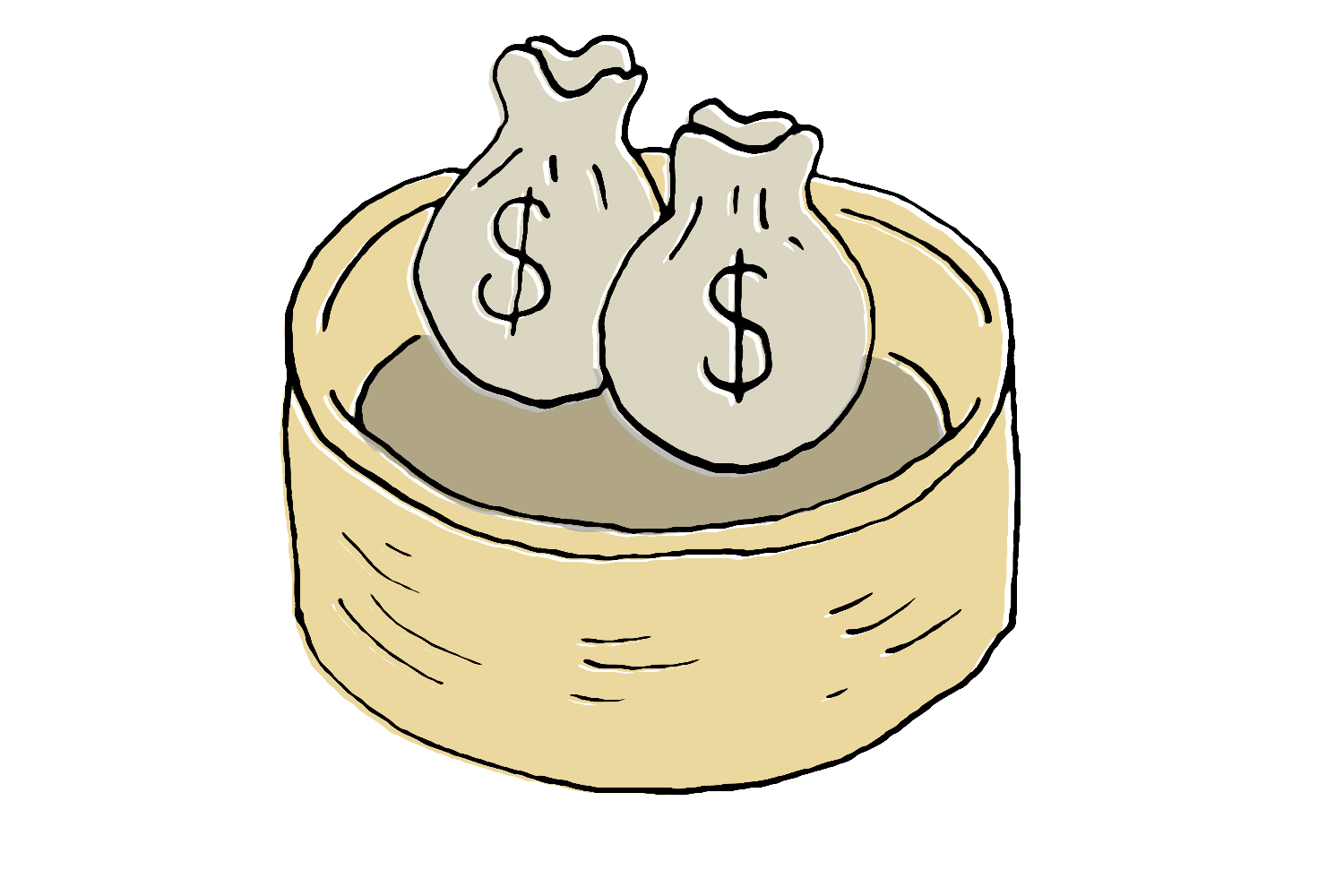
The fifth day of the lunar new year when people in northern China eat dumplings for good fortune.
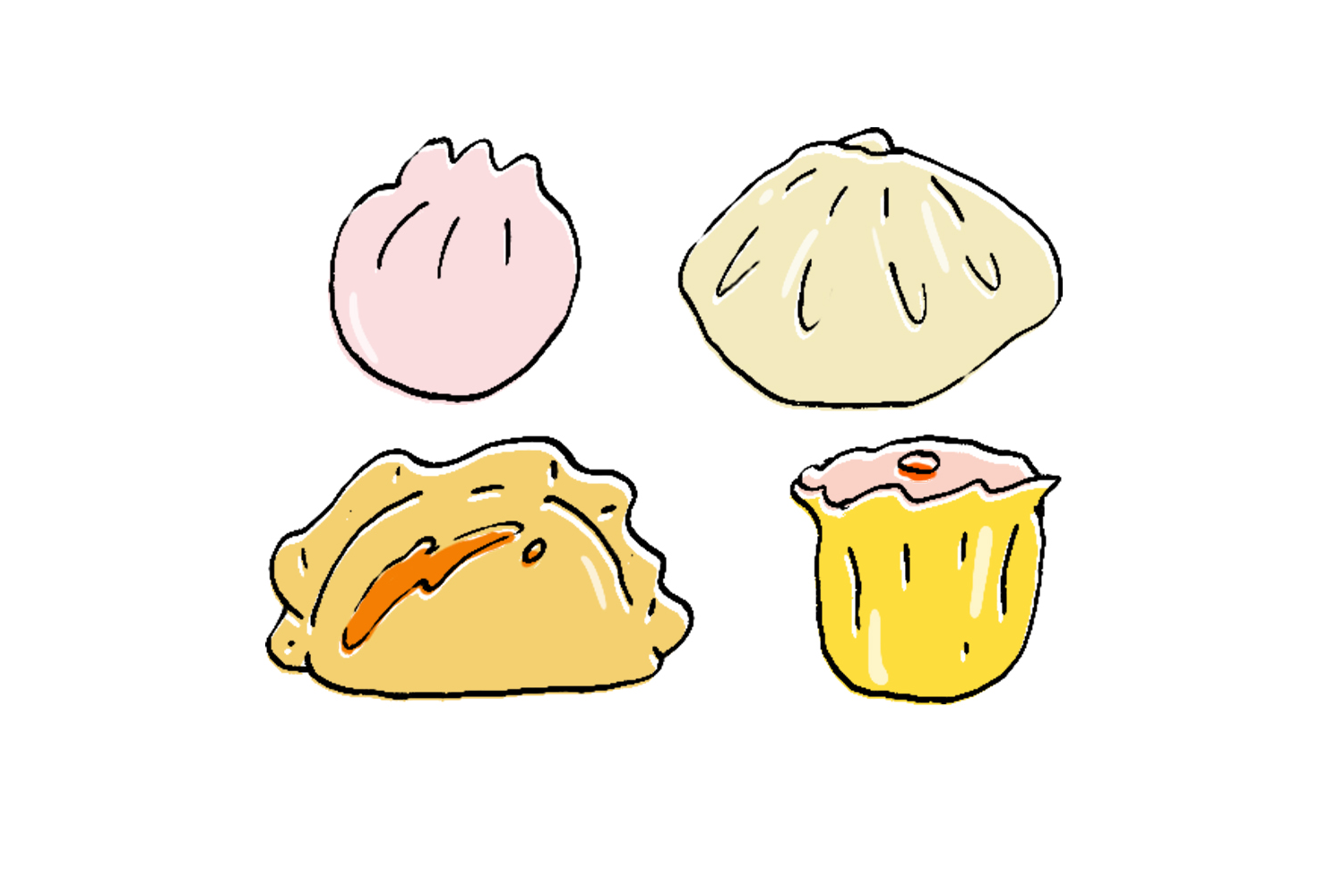
How many different dumpling varieties are found in China.
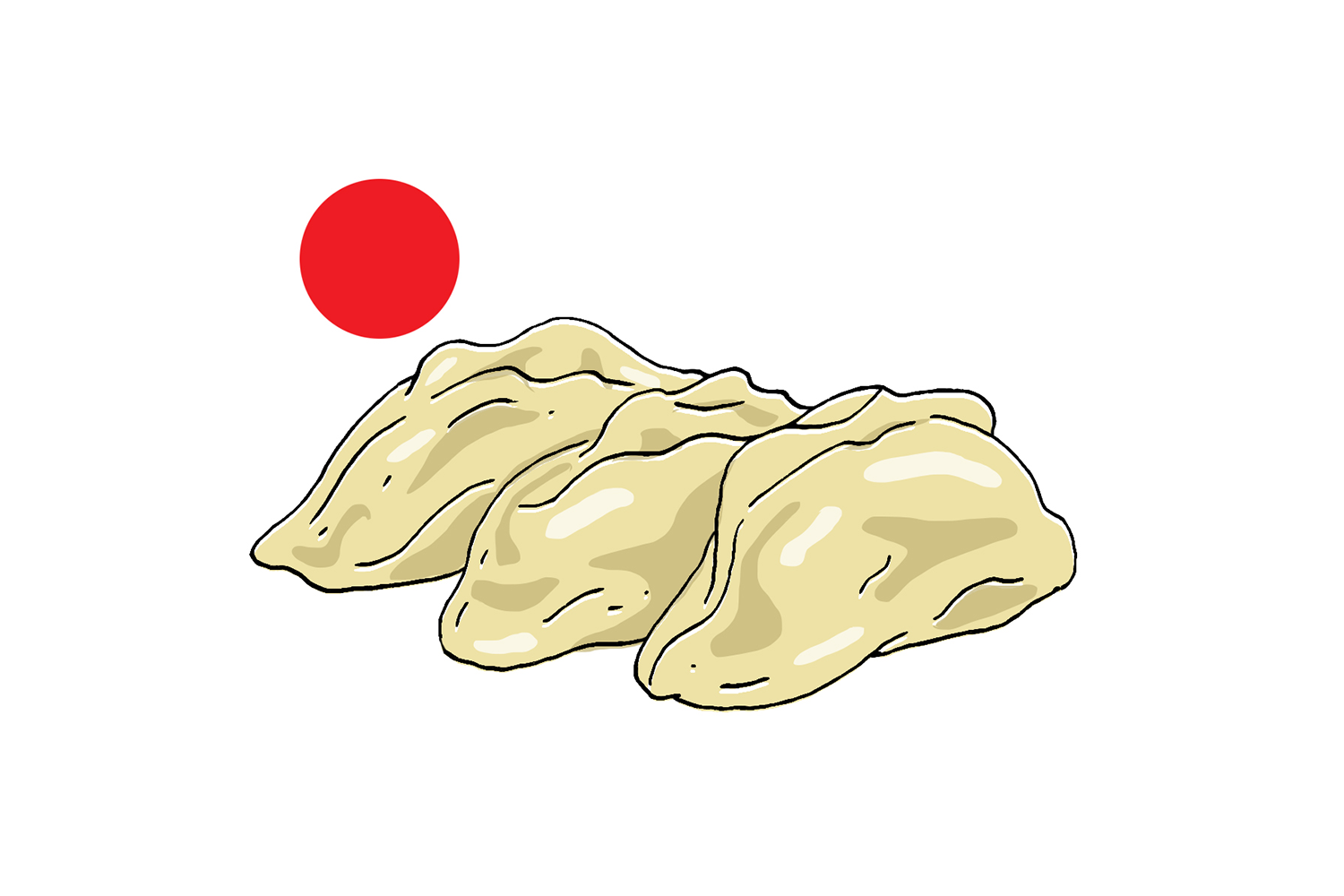
How long Laobian Dumplings restaurant has been in business. (Since the Qing Dynasty.)
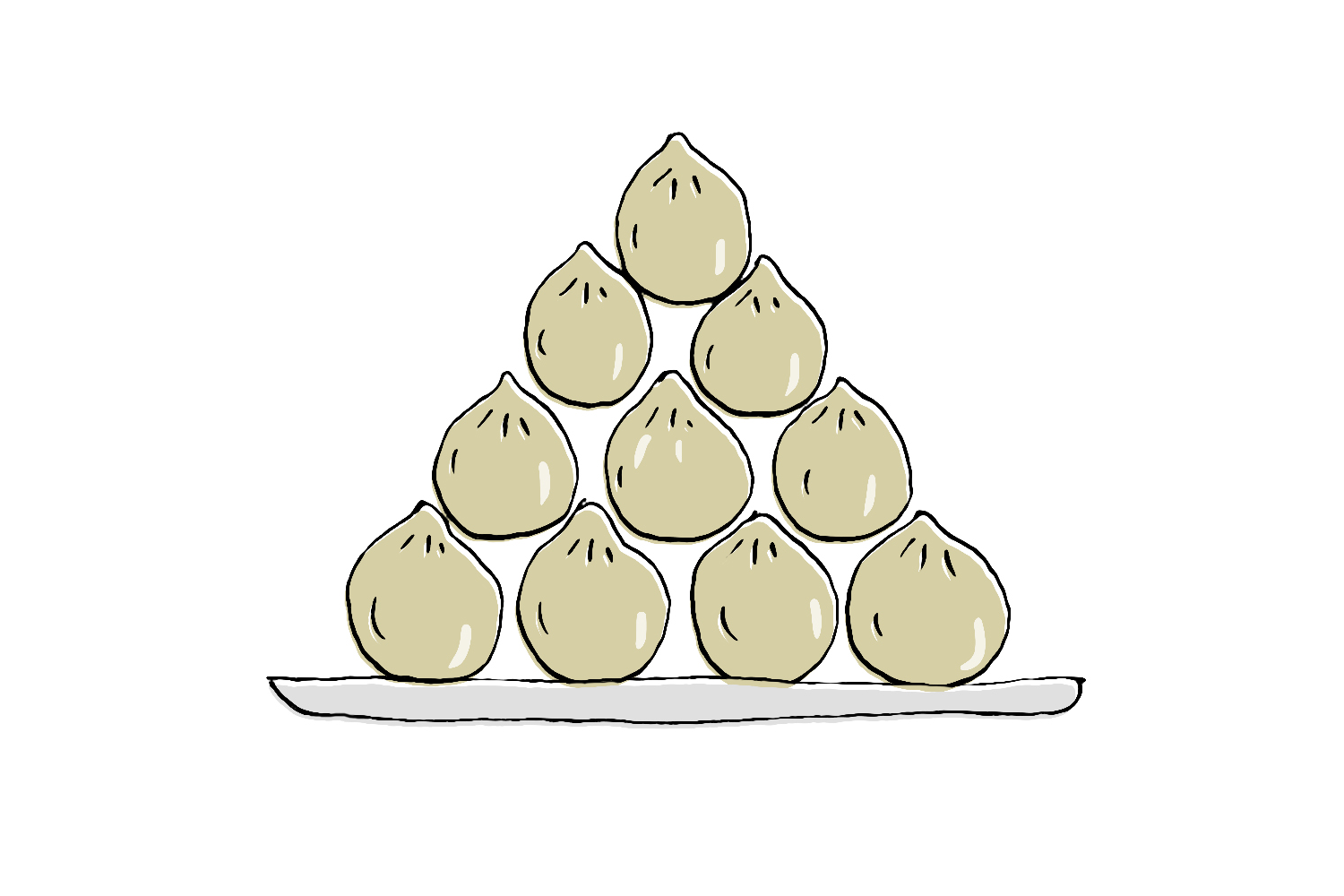
The record of most dumplings eaten in two minutes held by Sydney man Isaac Harding.
A BITE-SIZED HISTORY OF CHINESE DUMPLINGS
As with many historic food traditions, the origin story of dumplings is hazy and contentious. One legend traces them back to the Eastern Han Dynasty over 1,800 years ago. Back then many poor Chinese were suffering frostbite, often on their ears, so the philanthropic Zhang Zhongjing developed a way to distribute herbs to counteract the ailment. He wrapped a mixture of cheap meat, chilli and the essential herbs in dough, shaped each parcel like an ear, boiled them, and then gave them to the poor to eat in winter. It wasn’t until the Qing Dynasty though, around 1644–1911, when dumplings became a widespread affair. Restaurant entrepreneurs took these doughy delights across the country in a dumpling explosion, and eventually they made their way to our shores to be loved and consumed by the tonne.
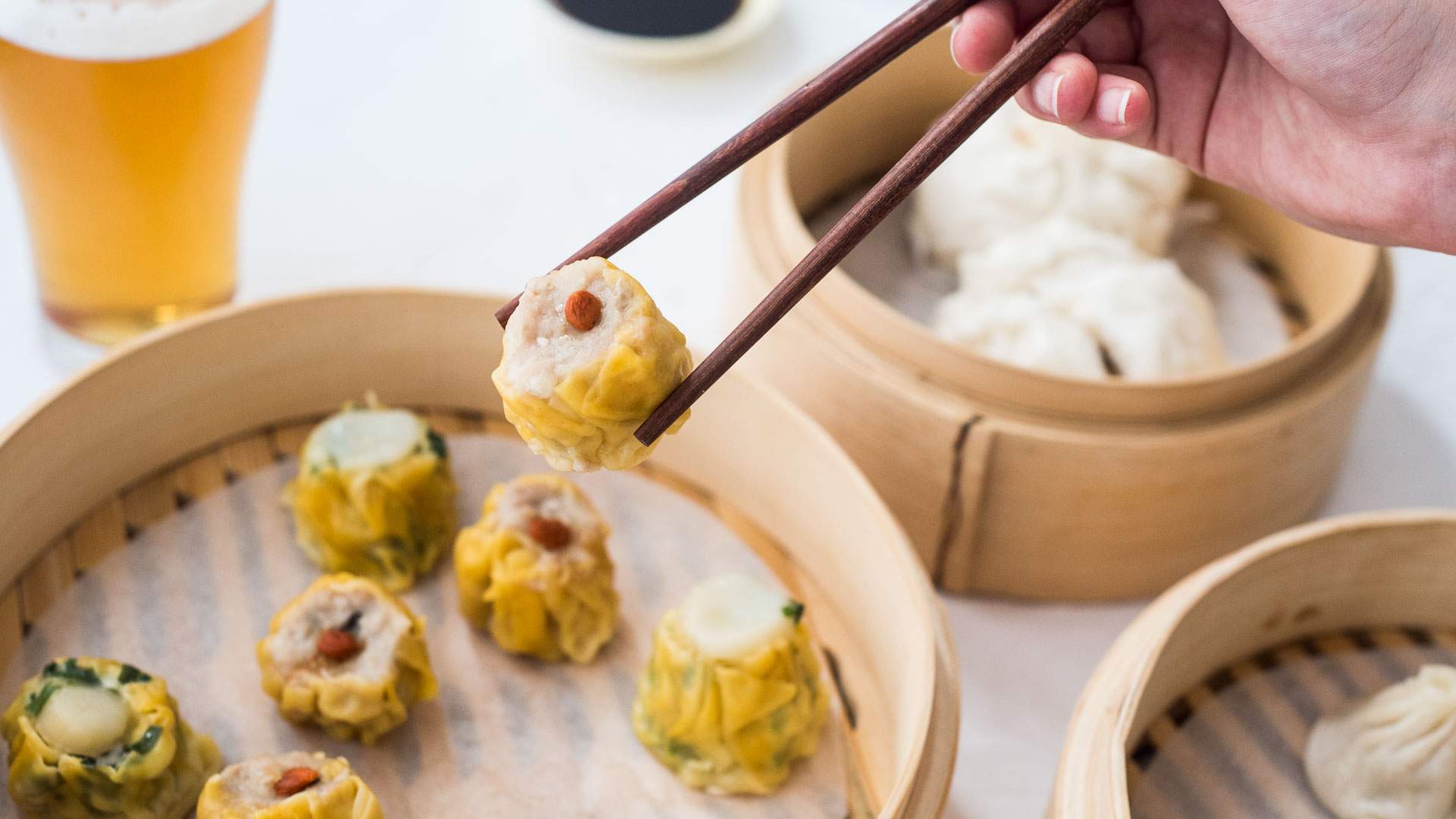
THE MANY VARIETIES OF CHINESE DUMPLINGS
There are few experiences in the world as plainly enjoyable as biting into a good dumpling. The elasticity and pull of the dough, the soft release of steam, the contrasting textures and flavours within — if there was ever a testament to how simple and accessible that pleasure is, it’s how widespread and varied dumplings are. Here, we go through ten of the most famous Chinese varieties.
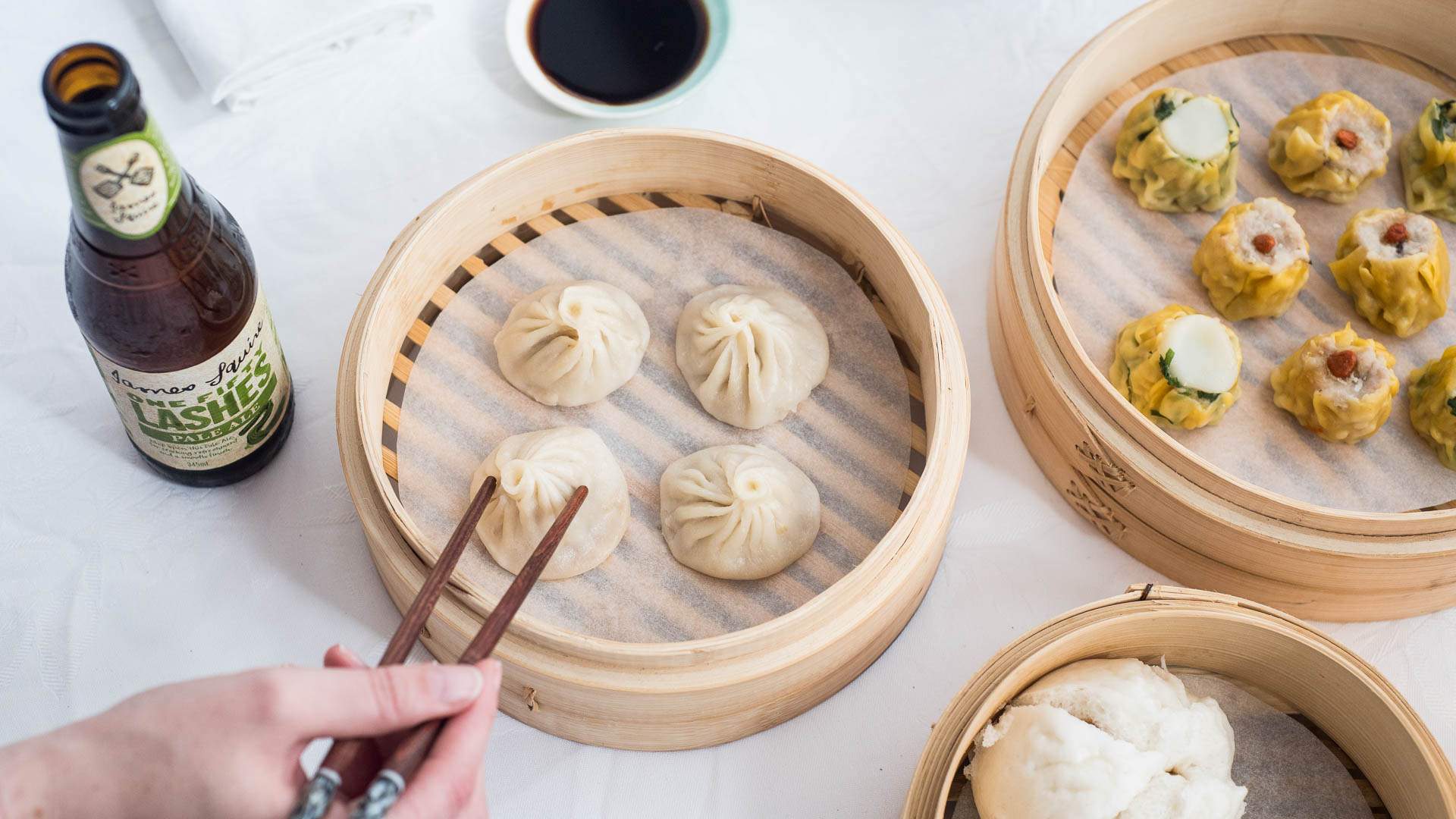
EATING ETIQUETTE
Etiquette specifically relating to dumplings is sparse, but the best advice is to follow general Chinese eating etiquette. This includes waiting to be instructed on where to sit, and not serving food to others. Also, when serving yourself you shouldn’t use chopsticks, but instead use serving utensils (and only take a small serving from one dish at a time). At the end of the meal, don’t take the last dumpling; it’s a sign you’re no longer satiated and the host should make more. You can also forget western etiquette here, because slurping and belching are fine — it’s a sign you’re enjoying the food. Lastly, the most important rule of all is never leave your chopsticks stuck upright in your food. This is like signalling you want someone at the table to die.
 A PERFECT COMBINATION
A PERFECT COMBINATION
As tradition has it, tea and dumplings often go hand-in-hand, but when you’re after something a bit stronger (and we don’t mean over-brewed tea) not much else pairs better with these doughy wonders than a beer. James Squire One Fifty Lashes, Hahn Premium Light, Hahn SuperDry — each brings a different flavour profile to your meal. One Fifty Lashes pale ale matches with more complex flavours and hotter numbers like the fiery sheng jian bao. If you’ve plated up with meaty parcels, like siu mai with pork and prawn or the wor tip with pork and chive, crack open a Hahn Premium Light for a light bev with plenty of flavour to go with. Lastly, Hahn SuperDry is the easy go to, especially for those seafood dumplings like har gow and the delicate zheng jiao.
Craving more? Learn about your favourite foods in our Encyclopedia of Eats with even more beer pairings by Beer The Beautiful Truth.
Illustrations: Barry Patenaude.
Images: Kimberley Low.
Discover more eats
-
Feature
Indian Street Food
As varied as it is delicious, Indian food is a firm favourite the world over — but don't limit yourself to only curries.
-
Feature
French Cheese
You can never go wrong with cheese — the French have made sure of that. Up your fromage savoir-faire, from melty Pont L'Eveque to pungent Roquefort.
-
Feature
Vietnamese Noodle Soups
Chances are you've eaten a few bowls of pho in your time — but that's just the start of Vietnam's vast pool of soup varieties.
-
Feature
Turkish Kebabs
While kebabs may be something we recognise as an end-of-the-night snack, the history and varieties of the humble dish go far beyond a lamb sandwich with extra garlic sauce at 3am.
-
Feature
Mexican Street Food
From tacos to tamales, sample Mexico's world-famous cuisine right here in Australia. Discover some of the best snacks to order.
